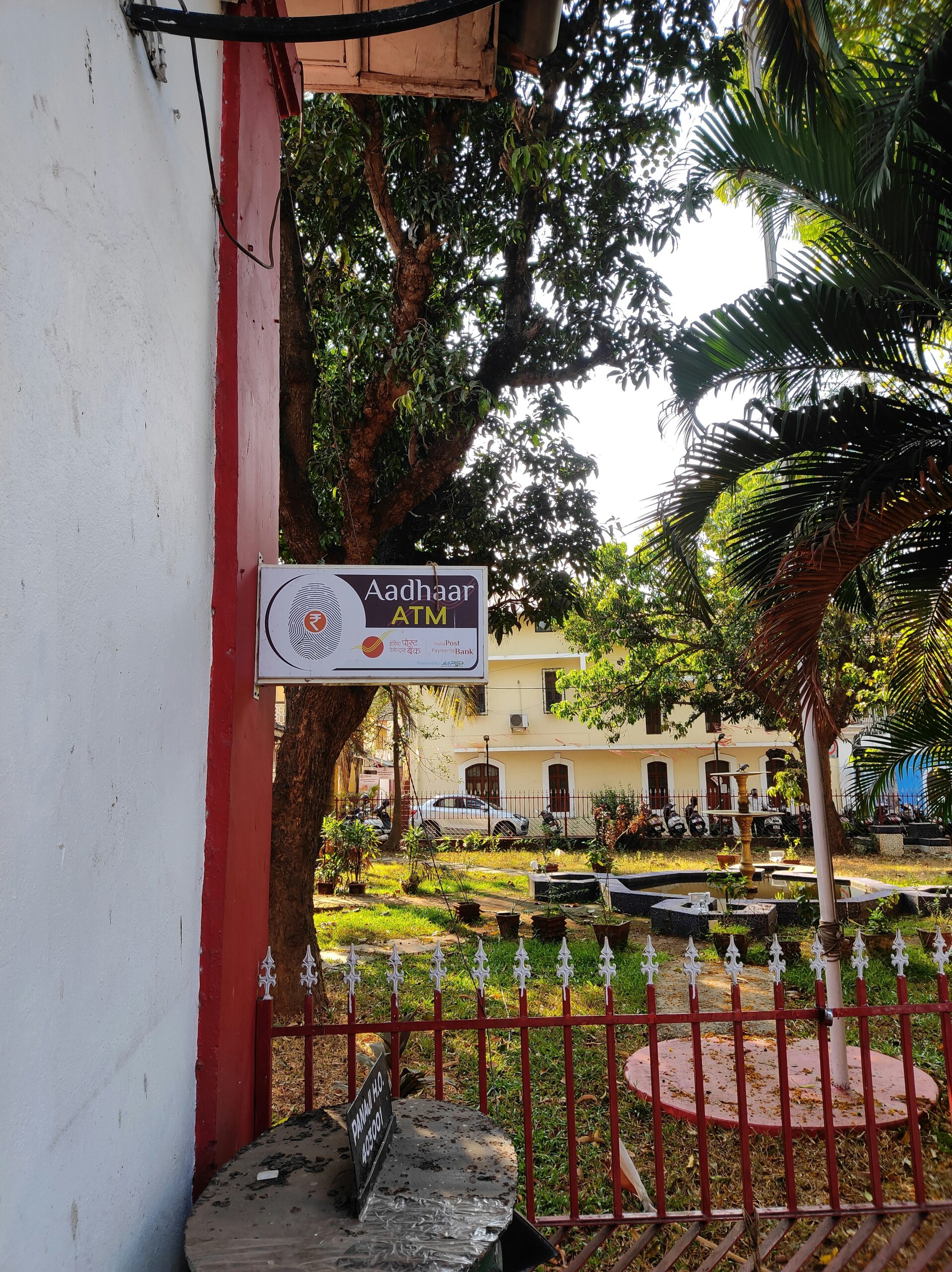Introduction to the Cake Controversy
Bengaluru’s local bakeries are facing criticism for using harmful artificial colors in their cakes. Consumers, once drawn to appearance and taste, are now worried about health risks. Some bakeries have been found using cancer-causing chemicals to make cakes look more appealing. This has sparked debates on food safety, pushing people to demand transparency from bakers about their ingredients.
In response, the Karnataka government issued an advisory warning against artificial colors in baked goods, urging bakers to prioritize health. The goal is to promote safer alternatives like natural colorings and stricter regulations to ensure consumer safety.
Carcinogens in Cakes
Recent tests on cakes from Bengaluru’s bakeries revealed dangerous substances like azo dyes, linked to cancer. These artificial colors, used for visual appeal, pose hidden health risks. Consumers often don’t realize that eating brightly colored cakes regularly could harm their health over time. Raising awareness and better food regulations are key to preventing exposure to these chemicals.
Role of Artificial Colors in Food
Bakers use artificial colors to make cakes look more attractive and reduce costs. But these synthetic colors come with health risks, such as allergies and hyperactivity in children. As more people become aware of these dangers, there is a growing demand for natural alternatives in the food industry.
Health Risks of Artificial Colors
Artificial colors in food, especially cakes, are linked to health problems like hyperactivity in kids and allergic reactions. Some may even cause cancer. Consumers should check labels for natural alternatives and avoid products with synthetic dyes. Transparency from food producers is crucial to ensure safety.
Impact of the Ban on Food Safety
The recent ban on artificial colors in Karnataka means bakeries need to switch to natural alternatives. While this might increase production costs, it builds consumer trust and ensures healthier, safer food products. Bakers must now focus on maintaining food safety standards to win customer confidence.
Advice for Consumers
To avoid health risks, consumers should read cake labels, choose natural ingredients, and ask bakeries about their sourcing practices. Being cautious about overly colorful cakes and checking hygiene at the bakery can help ensure safer cake choices.
Future of Baking in Karnataka
As health concerns rise, bakers in Karnataka are likely to shift toward natural ingredients and healthier recipes. This could lead to innovation in the industry, offering more nutritious and diverse products, like gluten-free or vegan cakes.
Conclusion
The cake controversy shows the importance of making health-conscious choices. Consumers should stay informed, demand safer products, and support bakeries that prioritize food safety. Together, awareness and regulation can lead to a healthier future for all


